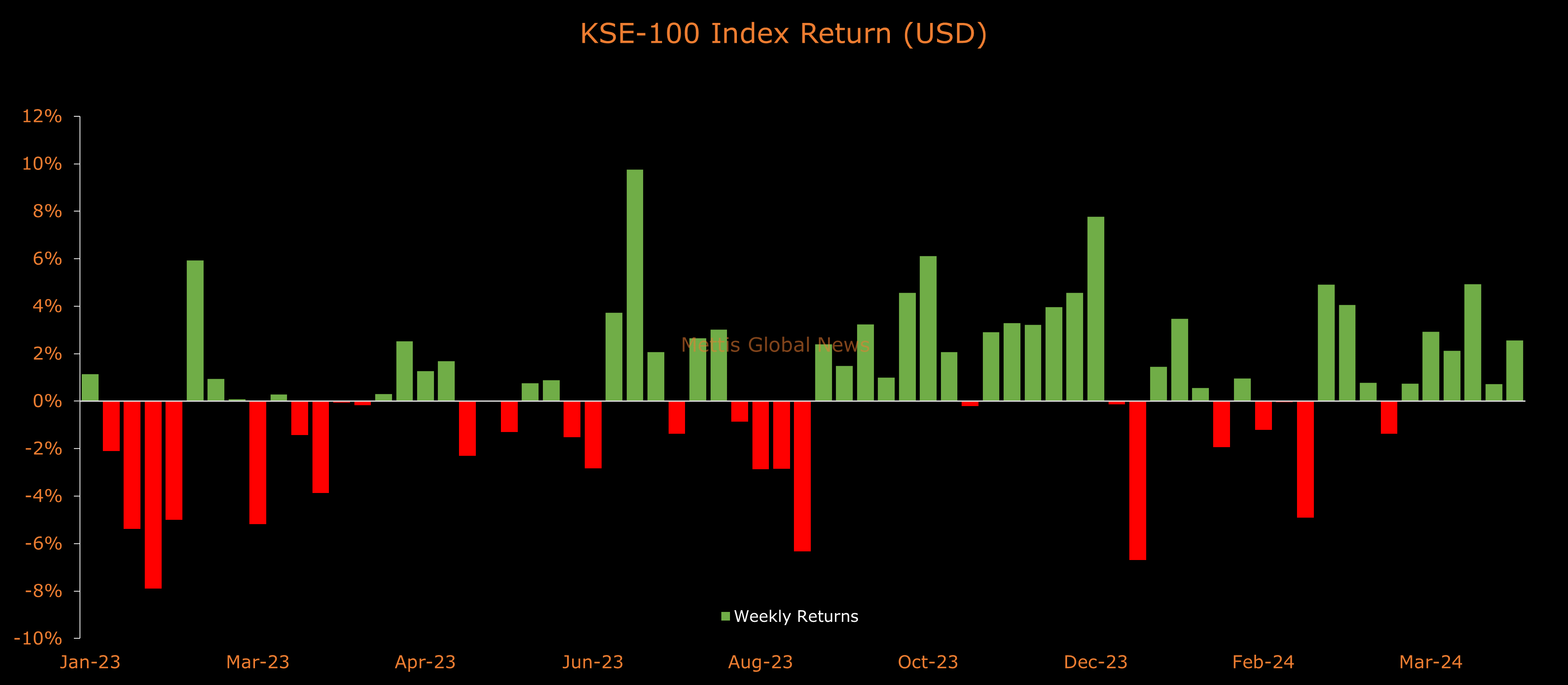February 09, 2024 (MLN): Fitch Ratings has revised its annual real consumer spending forecast for 2024 upward to 1.3% from 0.6%, reflecting the ongoing willingness and ability of consumers to draw down buffers of excess savings, which will likely support spending well into 2024.
U.S. consumer spending was remarkably resilient in 2023, underpinned by robust job and income gains, strong household balance sheets and finances, moderating inflation, and improving consumer sentiment, according to Fitch Ratings.
“The strength of the U.S. economy reflects renewed fiscal easing, consumers’ willingness to continue drawing on excess savings, strong household balance sheet fundamentals and a tight labor market,” said Olu Sonola, head of Fitch U.S. economic research.
Household nominal disposable income increased in 2023 at 6.9% YoY, supported by strong employment and nominal wage growth. Real household disposable income was also very robust at 4.2% YoY, supported by 3.4% growth in real labor income.
A notable decline in aggregate personal tax payments in 2023 provided an added boost to disposable personal income growth.
Consumer net worth increased by 5.1% YTD 3Q23, primarily due to the rebound in the equity market and real estate equity.
Household debt increased substantially over the last four quarters ending in 3Q23, largely driven by mortgage debt and credit card borrowing.
Consumer use of home equity line of credit is now growing, which suggests consumers slowly tapping into the significant increase in real estate equity built up since 2020. Credit card spending growth is starting to decelerate.
Household debt service remained relatively low as of 3Q23, but is expected to increase to 11.7% by 2025 from 9.9% in 2023.
The percentage of loan balances 90+ days delinquent remains at multi-decade lows across all loans combined. Auto and credit card transition rates have regressed to pre-pandemic levels and are likely to trend higher in the coming quarters.
U.S. consumer spending was remarkably resilient in 2023, underpinned by robust job and income gains, strong household balance sheets and finances, moderating inflation, and improving consumer sentiment, according to Fitch Ratings.
“The strength of the U.S. economy reflects renewed fiscal easing, consumers’ willingness to continue drawing on excess savings, strong household balance sheet fundamentals and a tight labor market,” said Olu Sonola, head of Fitch U.S. economic research.
Household nominal disposable income increased in 2023 at 6.9% YoY, supported by strong employment and nominal wage growth. Real household disposable income was also very robust at 4.2% YoY, supported by 3.4% growth in real labor income.
A notable decline in aggregate personal tax payments in 2023 provided an added boost to disposable personal income growth.
Consumer net worth increased by 5.1% YTD 3Q23, primarily due to the rebound in the equity market and real estate equity.
Household debt increased substantially over the last four quarters ending in 3Q23, largely driven by mortgage debt and credit card borrowing.
Consumer use of home equity lines of credit is now growing, which suggests consumers slowly tapping into the significant increase in real estate equity built up since 2020. Credit card spending growth is starting to decelerate.
Household debt service remained relatively low as of 3QCY23, but is expected to increase to 11.7% by 2025 from 9.9% in 2023.
The percentage of loan balances 90+ days delinquent remains at multi-decade lows across all loans combined. Auto and credit card transition rates have regressed to pre-pandemic levels and are likely to trend higher in the coming quarters.
Copyright Mettis Link News
Posted on: 2024-02-09T10:31:20+05:00







